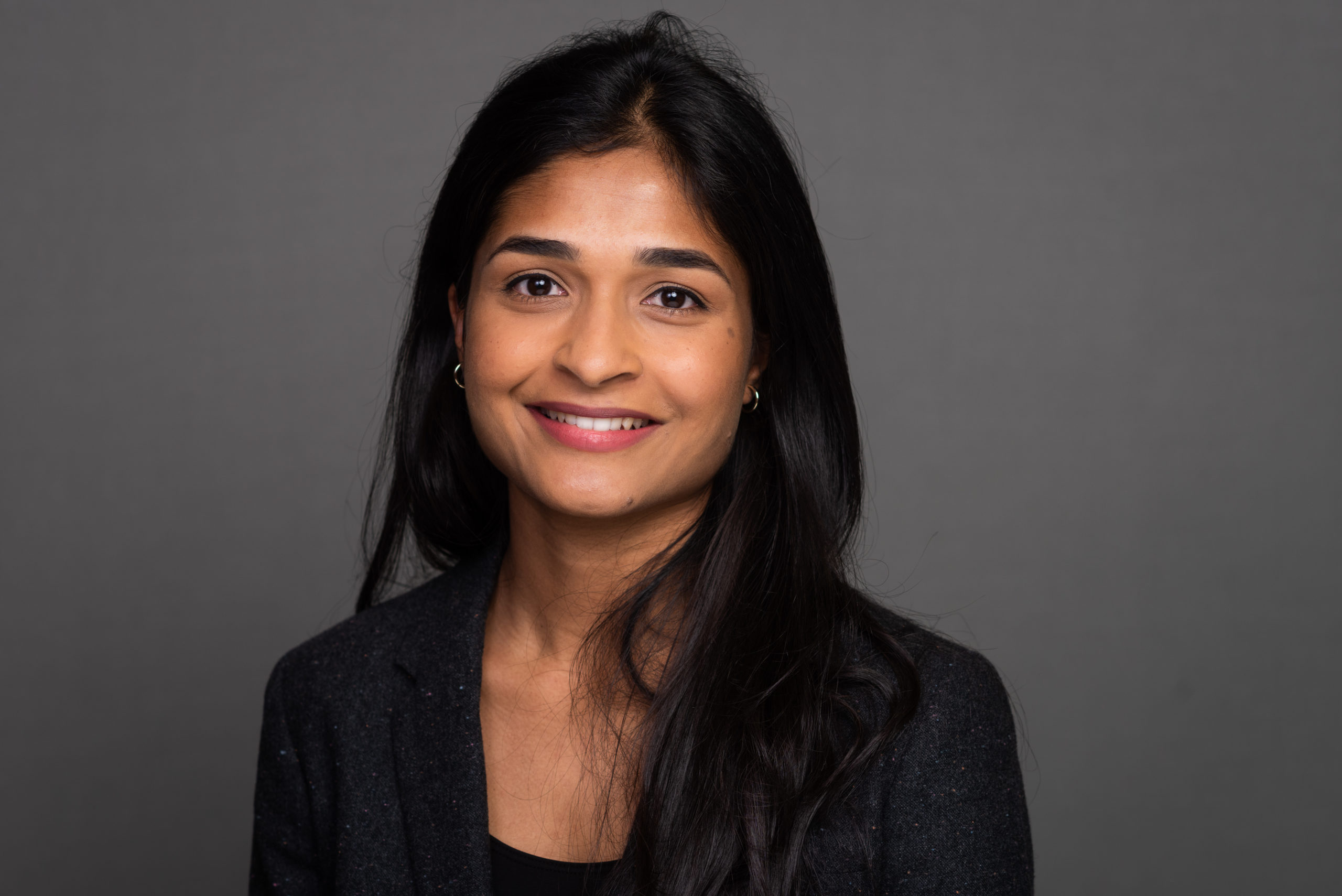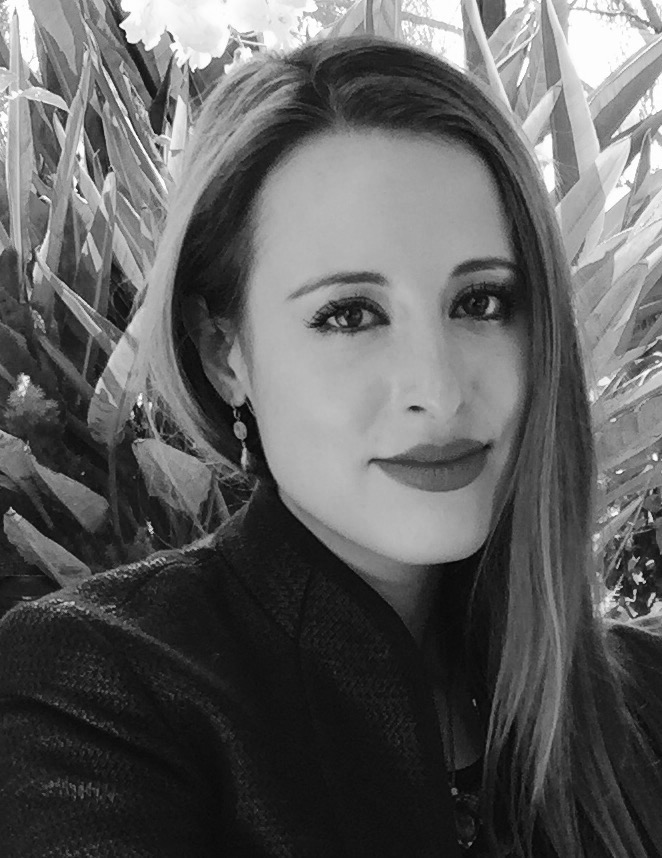ELAC’s Programme on International Peace and Security (IPS) is pleased to announce a new research project and partnership with the International Bar Association (IBA), and UC Berkeley Human Rights Center (Berkley HRC). Under the leadership of ELAC Deputy Director and IPS Executive Director Federica D’Alessandra (BSG) and Alexa Koenig (HRC), with the expert input of Visiting Fellow of Practice Lindsay Freeman, this research project will address one of the more urgent and vexing problems in the international criminal justice field today: the preservation of social media evidence and particularly how can the technology sector and the legal profession collaborate to preserve prohibited user-generated content for use in legal proceedings?
The project will aim to develop policies to address this problem. Building on the Berkeley HRC’s work on digital open source investigations, and the Oxford IPS’s work on improving investigations and documentation of atrocity crimes, this project will: (1) address the relevance and probative value of user-generated content to international legal proceedings; (2) describe the significance of preserving the integrity of user-generated content in a forensic manner so that it can be used in legal proceedings, and the consequences of failing to do so; and (3) clarify the requirements for and purposes of sharing relevant user-generated content with international and regional legal authorities.
This project, which builds on questions raised in a recent publication co-authored by Federica D’Alessandra and Visiting Fellow of Practice Kirsty Sutherland, will look at how rules around information-sharing and disclosure differ for technology companies based on whether the request is made by a domestic or international legal authority. It will also assess whether an international investigative mandate could be vested with the power to compel content directly from technology companies through an innovative legal mechanism.
Learn more about the project here.





